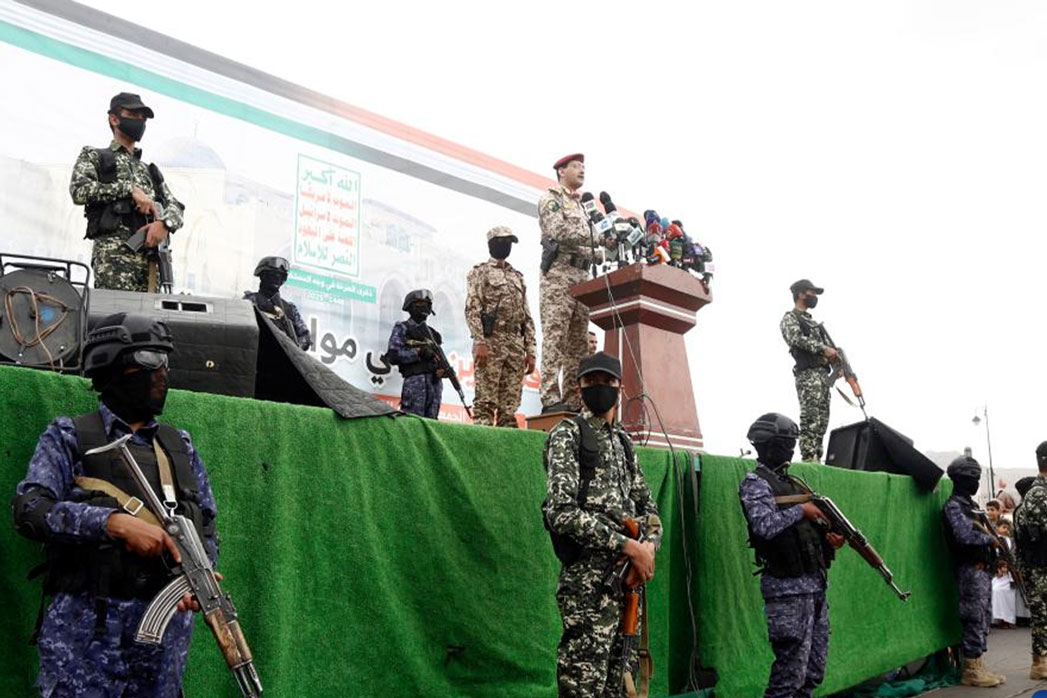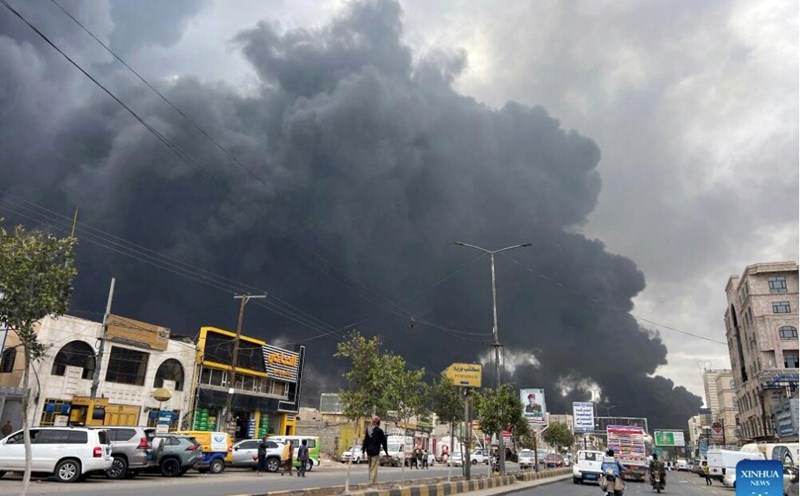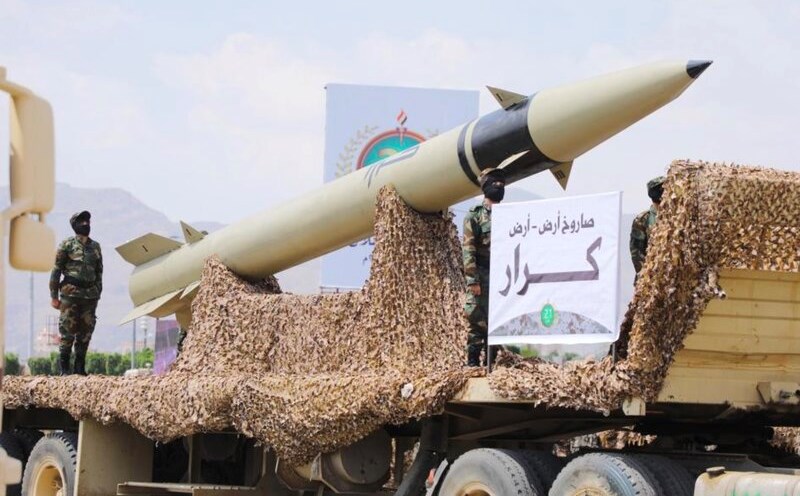The Israel Defense Forces (IDF) said the missile used by the Houthis in the latest airstrike carried a cluster bullet, but did not record any significant damage as the missile fell in an open area.
Israeli Defense Minister Israel Katz later expressed his anger at the Houthis' move, saying he would respond appropriately.
The recent launches come as the Houthis continue to launch missiles and unmanned aerial vehicles (UAVs) over the past week, after Israeli airstrikes killed Ahmed Ghaleb Nasser al-Rahawi, the head of the Houthi government in the capital Sanaa, and several other members of the government.

On September 2, the IDF said two Houthi missiles launched at Israel had self-decomposed in the sky of Saudi Arabia.
The Houthi forces have also recently launched several missiles at ships linked to Israel, although there have been no reports of hitting the target.
According to Saudi Arabia's reports, the remaining Houthi leaders fled the capital Sanaa for fear of further Israeli airstrikes.
The Houthi forces began attacking Israel and its maritime routes in the Red Sea in November 2023, a month after the massacre and hostage of Hamas on October 7 in southern Israel, in a show of solidarity with the Palestinian people.
Neither the United Nations nor the European Union (EU) recognize the group as a legitimate government in Yemen, and the United Nations has included the Houthis in its list of terrorist organizations.











